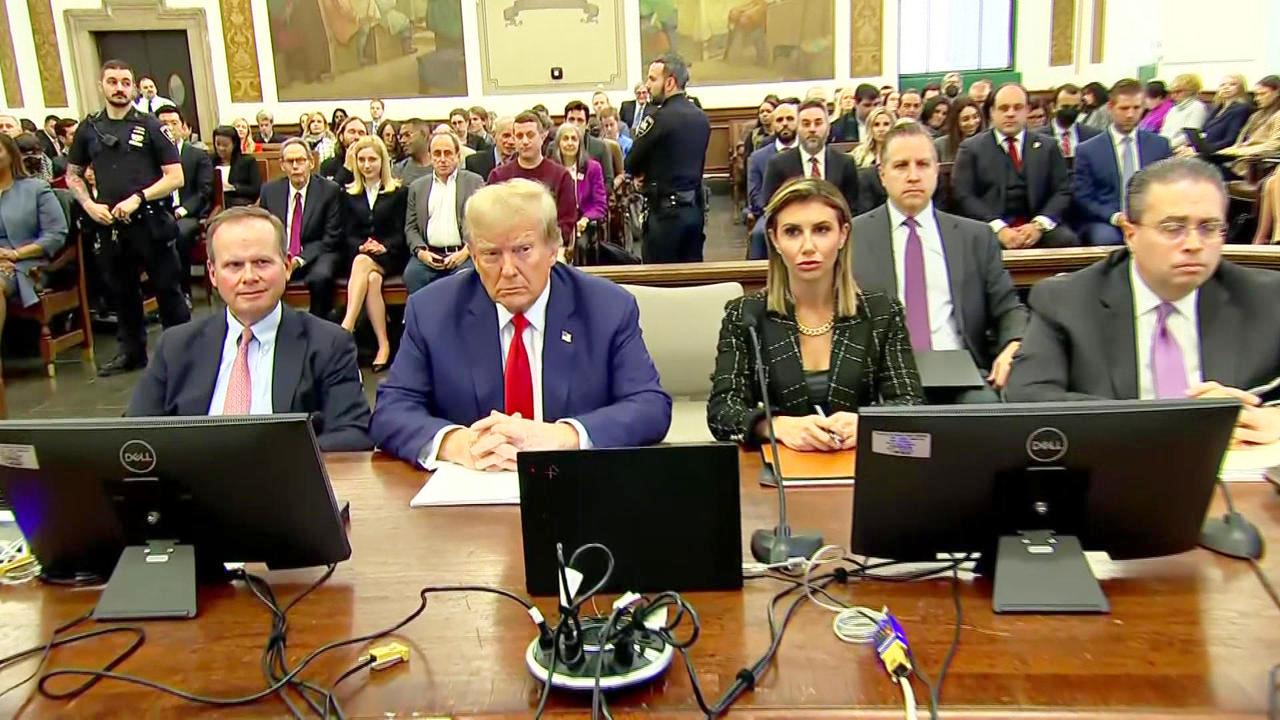Washington — Former President Donald Trump’s legal team is poised to present their arguments in a federal courtroom in Florida on Thursday, aiming to challenge special counsel Jack Smith’s case involving classified documents.
Scheduled before Judge Aileen Cannon, the hearing will revolve around two motions filed by Trump’s attorneys. One motion asserts that Trump, as a former president, is shielded from prosecution under a federal recordkeeping law. The other motion raises concerns about the legal ambiguity surrounding one of the charges levied against him.
This upcoming session marks the second confrontation between Trump’s legal representatives and prosecutors from Smith’s office within the span of two weeks, all within Cannon’s courtroom.
Smith’s indictment accuses Trump of unlawfully retaining 32 counts of classified government records allegedly taken during the White House transition. Additionally, Trump and two aides face allegations of obstructing investigations. All defendants have pleaded not guilty.
In a recent motion to dismiss, Trump contends that his presidential authority granted him discretion over the classification of documents, citing the Presidential Records Act. His legal team argues that this authority shields him from criminal prosecution and judicial review regarding his recordkeeping practices.
However, Smith’s team rebuts this claim, asserting that the documents in question are unequivocally presidential, not personal, and thus remain property of the government. They argue that Trump, post-presidency, lacked authorization to possess classified records, particularly in unsecured locations like Mar-a-Lago.
Trump’s lawyers further argue that the charges against him are mired in legal uncertainty, particularly regarding the Espionage Act. They claim that the statute’s ambiguity violates constitutional standards.
Contrarily, Smith contends that the charges against Trump are clear-cut, emphasizing the statute’s explicit prohibitions on unauthorized possession and retention of national defense information.
The legal skirmish in Florida occurs in the midst of broader legal battles involving Trump. Prosecutors accuse Trump’s team of attempting to delay proceedings, pushing for a trial start in July. However, the defense argues that a fair trial ahead of the 2024 presidential election would be impractical, proposing a later start date.
This hearing unfolds on the heels of a recent development in Georgia, where a county judge dismissed three charges against Trump in a separate election interference case brought by Fulton County District Attorney Fanny Willis.





